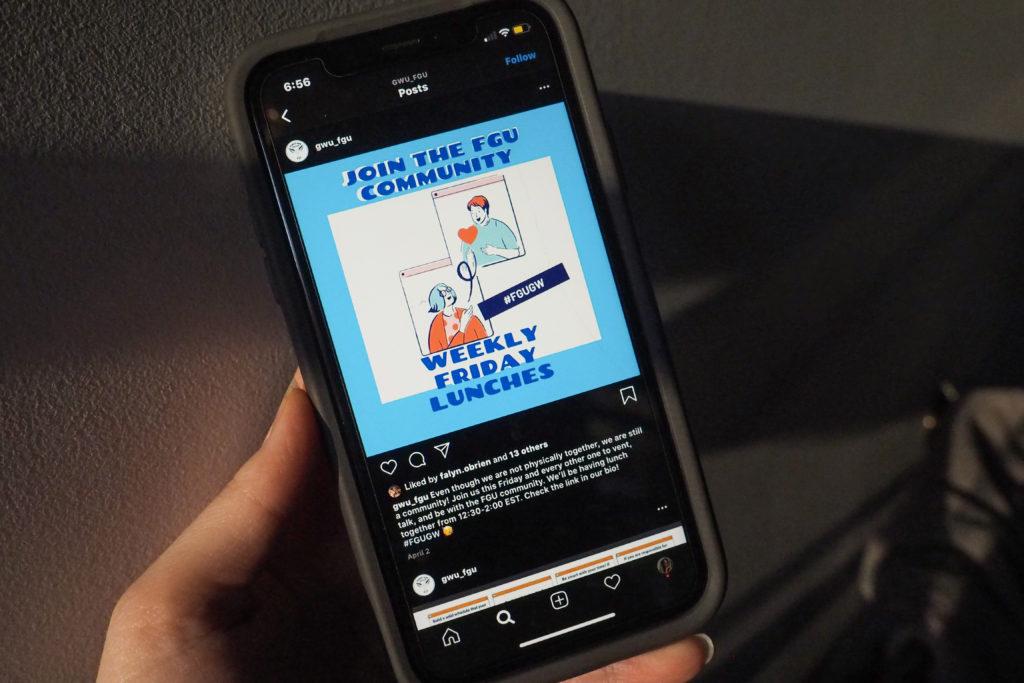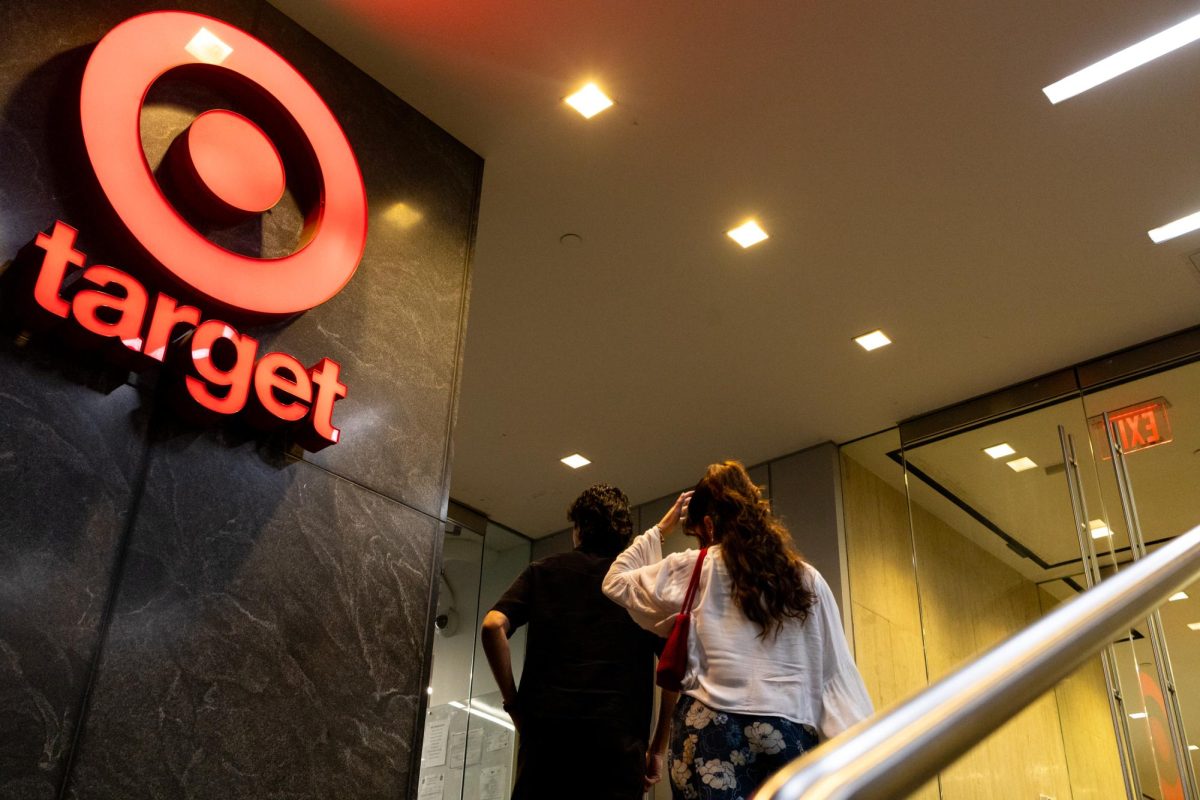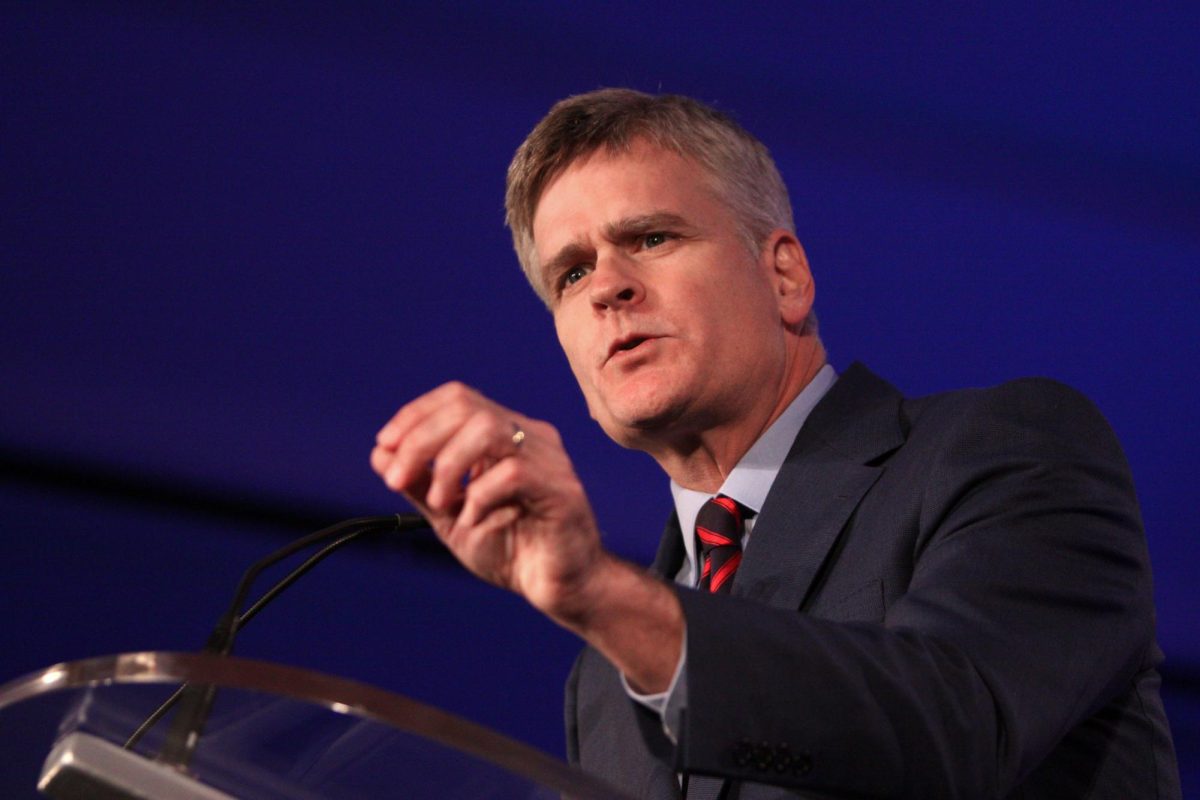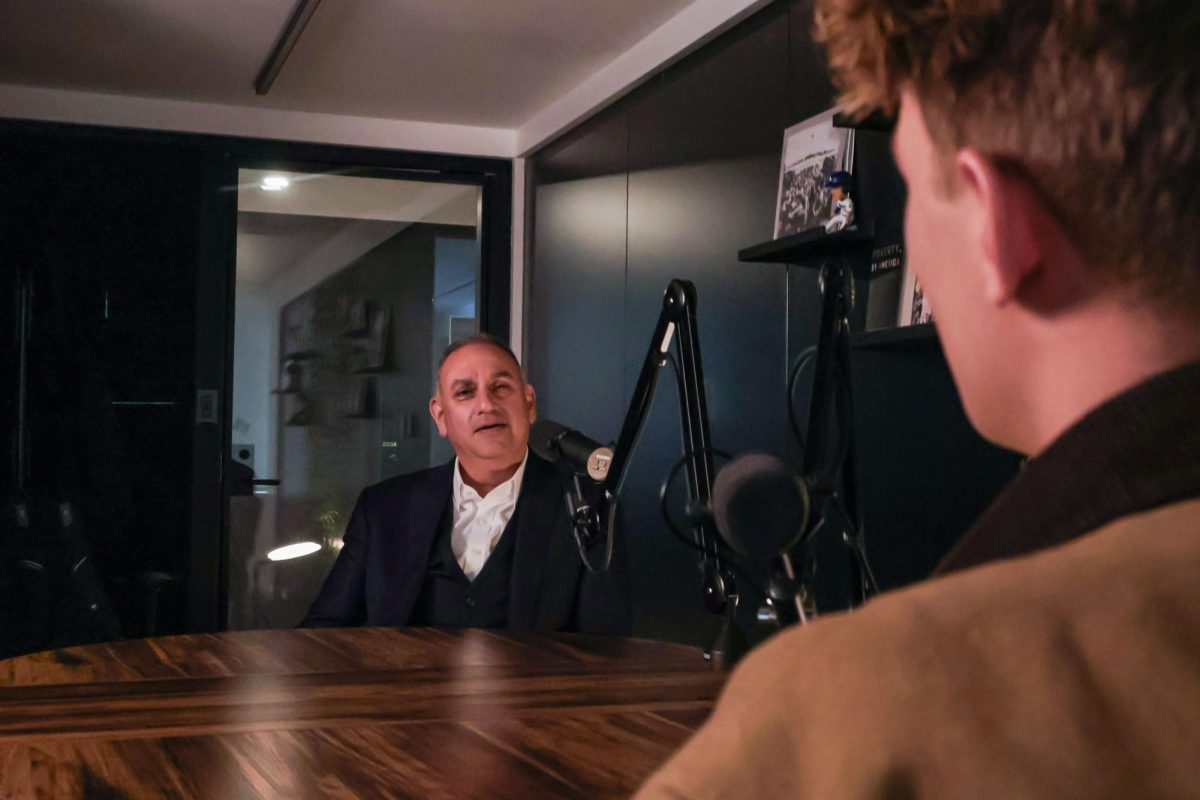A student organization for first generation students is providing online support for its members to adapt to the stress of returning home.
First Gen United launched a weekly meeting earlier this month after officials announced classes would remain online for the remainder of the semester. The lunches, dubbed “First-Gen Fridays,” were previously held as dinners on the first Friday of every month but were expanded virtually to offer first generation students support as they navigate college online from home.
FGU President Skye Blanks said the organization’s executive board members decided to establish the lunches to support students’ emotional and academic well-being by continuing the “First Friday Dinners.” He said the lunches act as “open office hours” for students to stop by and chat with friends at 12:30 p.m. EST via WebEx, a videoconferencing platform partnered with GW.
“The Division of Student Affairs sponsors that dinner for us, and we have a community, and we eat together and talk about challenges and things happening at GW,” Banks said. “So we continued that but made it more frequent due to us being not on campus.”
Blanks said the Executive Board is working with members to plan events like Netflix parties in place of in-person workshops and events. He said the board has been working with DSA staff to remotely access funds that are normally dispersed in person to create virtual events featuring guest speakers providing career advice.
“We usually do workshops throughout the year on different topics like resume building, networking, different presenters, guest speakers,” Blanks said.
In addition to the monthly “First Friday Dinners,” FGU traditionally hosts career workshops and offers free career coaching, clothing and tutoring to students whom may need additional academic or professional support.
Blanks said Falyn O’Brien and Anny Lin, the directors of the mentorship, will also continue FGU’s mentorship program, established between freshmen and upperclassmen students in the fall, to ensure freshmen have a strong end to their first year. He said the E-board members are communicating with mentors to plan virtual meetings and ensure freshmen “feel supported” by the first-generation community.
“One of the things, especially getting toward finals and finishing this semester strong, it’s very important for mentees and mentors to be together and talking,” Blanks said.
Blanks said first-generation students were impacted “especially hard” by COVID-19 because many returned to “distracting” environments and are separated from resources they used on campus like Gelman Library’s TopTextbook Program.
“I feel like GW is putting out a million emails about their responses to COVID-19 but overlooking the smaller communities and resources we get,” Blanks said. “But it’s something that is reality. So I don’t blame GW, but we definitely need to be reaching out to these communities on campus that rely on GW’s resources and rely on being on campus to be able to accomplish work.”
Tyler Nichols, the vice president and a sophomore majoring in public health, said this academic year was the first time FGU expanded beyond the first Friday dinners to hold general body meetings and offer extra social, academic and emotional support for students. He said the E-board members felt they needed to remind students, in response to students returning home, that the first generation community was a resource for support.
“It’s just a reminder, if someone’s feeling lonely and they just feel like they don’t have anyone to talk to they can just stop by these Friday luncheons that we’re hosting,” Nichols said.
Nichols said the E-board had planned to host a large celebration for first generation seniors where they would be given chords. He said E-board members are brainstorming new ways to celebrate seniors like sending care packages with the graduation chords included.
“That’s what it really shows is that you have people there for you even when you feel like you don’t that will always be there for them and that they walk away knowing they have community, knowing that they have friends, knowing that they have mentors,” Nichols said.
Aldonza Chavez, a sophomore majoring in business administration, said losing access to the in-person support she had on campus made her transition home especially difficult. She said the pandemic disconnected her from in-person resources she frequently used like the Center for Career Services and students who she looked to for support within the FGU community.
“Before I left GW, FGU was always very supportive, and the equipment bank they do once in a while was very helpful,” Chavez said. “Their emails also kept me informed on great opportunities on campus that could help me in the long run with my career, education and social life.”








